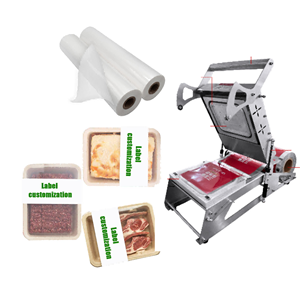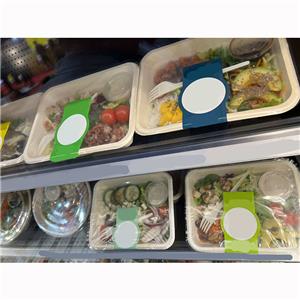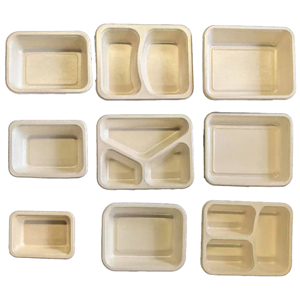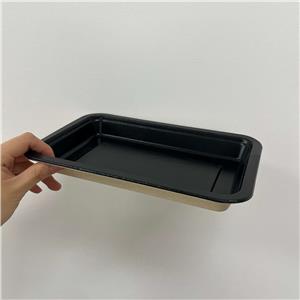biodegradable meal prep containers
Biodegradable meal prep containers are an eco-friendly alternative to traditional plastic containers. They are designed to break down naturally over time, reducing environmental impact. Here are some popular types of biodegradable meal prep containers:
1. Plant-Based Containers
Materials: Made from renewable resources like sugarcane bagasse, bamboo, cornstarch, or wheat straw.
Features: Sturdy, microwave-safe, and compostable.
Examples: Containers made from bagasse (a byproduct of sugarcane processing) are heat-resistant and suitable for hot and cold foods.
2. Compostable Paper Containers
Materials: Made from recycled paper or sustainably sourced paper.
Features: Often lined with a biodegradable coating (e.g., PLA, a plant-based plastic) to make them leak-proof.
Examples: Grease-resistant containers for salads, sandwiches, or baked goods.
3. PLA (Polylactic Acid) Containers
Materials: Derived from fermented plant starch (usually corn).
Features: Clear, lightweight, and compostable in industrial facilities.
Examples: PLA containers resemble traditional plastic but are biodegradable under the right conditions.
4. Palm Leaf Containers
Materials: Made from fallen palm leaves.
Features: Natural, rustic look, sturdy, and biodegradable.
Examples: Ideal for serving meals or snacks at events.
5. Molded Fiber Containers
Materials: Made from recycled paper or natural fibers.
Features: Lightweight, compostable, and often used for takeout or meal prep.
Examples: Clamshell containers for salads, burgers, or fries.
Benefits of Biodegradable Meal Prep Containers:
Eco-Friendly: Reduce plastic waste and reliance on fossil fuels.
Compostable: Break down into natural elements in composting facilities.
Non-Toxic: Free from harmful chemicals like BPA.
Versatile: Suitable for a variety of foods, including hot, cold, and oily dishes.
Things to Consider:
Composting Conditions: Some containers require industrial composting facilities to break down efficiently.
Durability: While many biodegradable containers are sturdy, they may not be as durable as traditional plastic for long-term reuse.
Cost: Biodegradable options can be more expensive than plastic, but prices are decreasing as demand grows.
Popular Brands:
Eco-Products: Offers a wide range of compostable containers.
World Centric: Known for plant-based compostable products.
EcoSafe: Provides biodegradable and compostable food packaging.
VerTerra: Specializes in palm leaf and molded fiber containers.
Switching to biodegradable meal prep containers is a great step toward reducing your environmental footprint while maintaining convenience in your daily routine.




